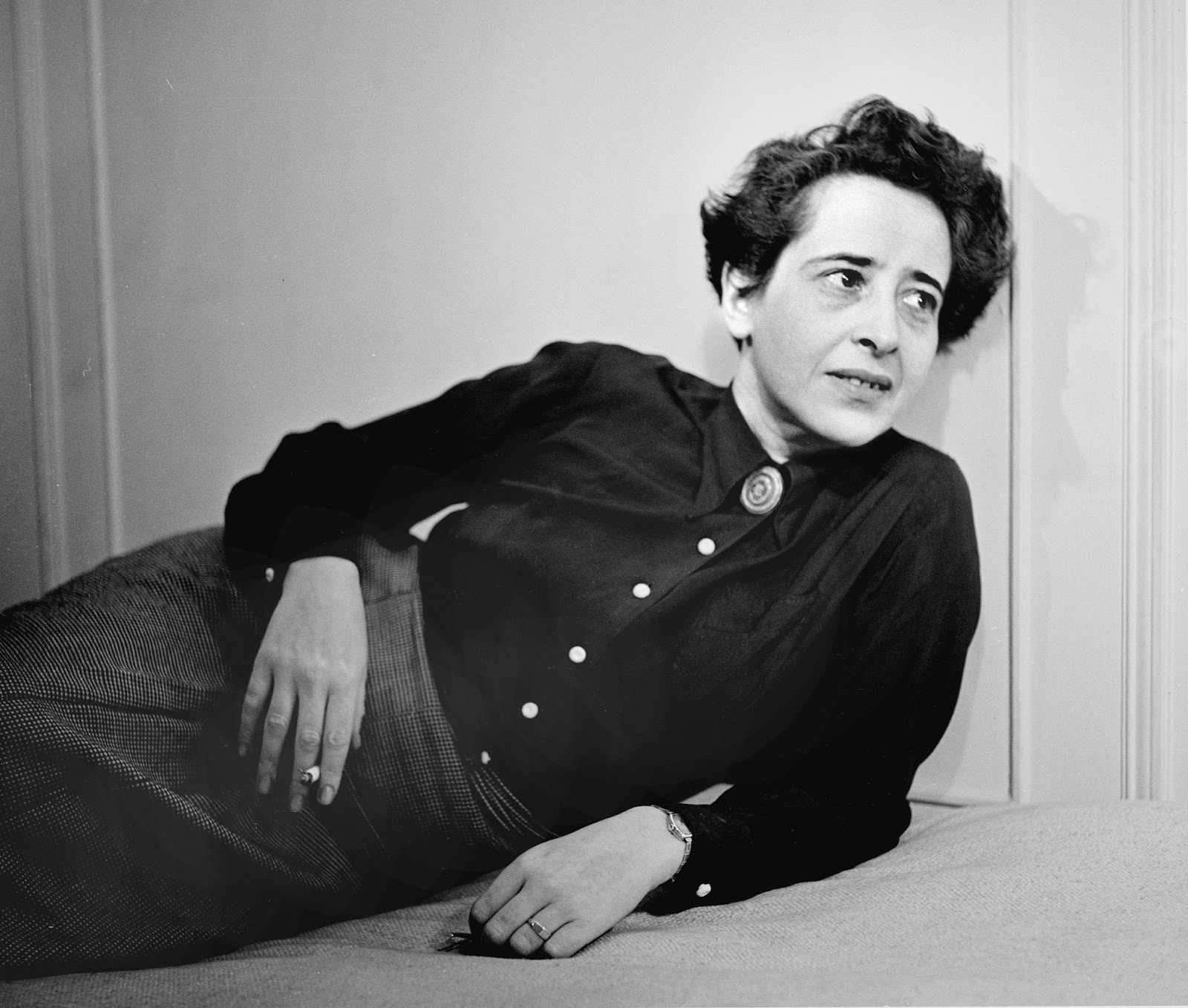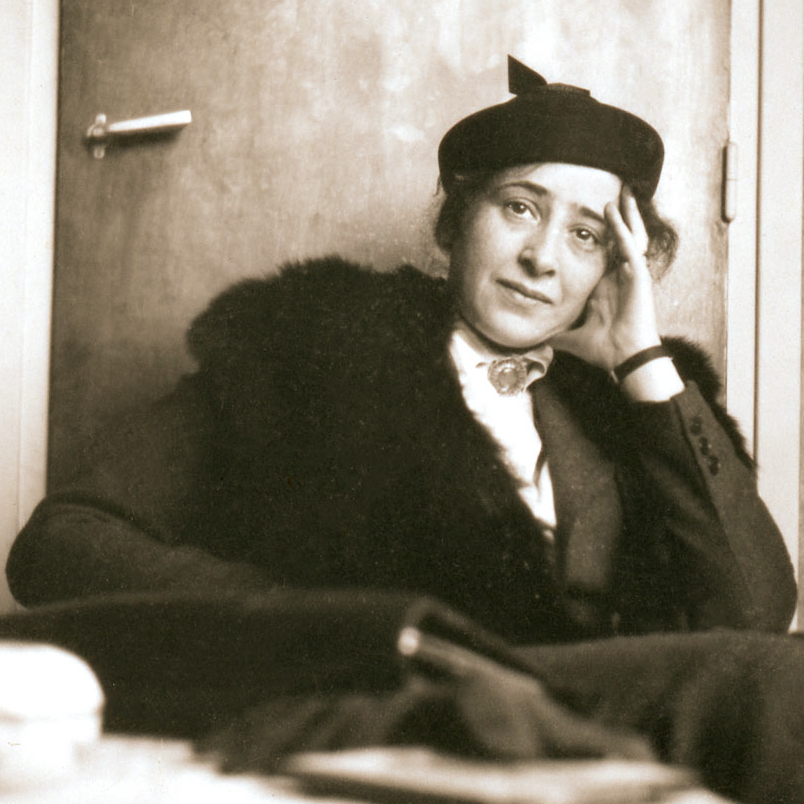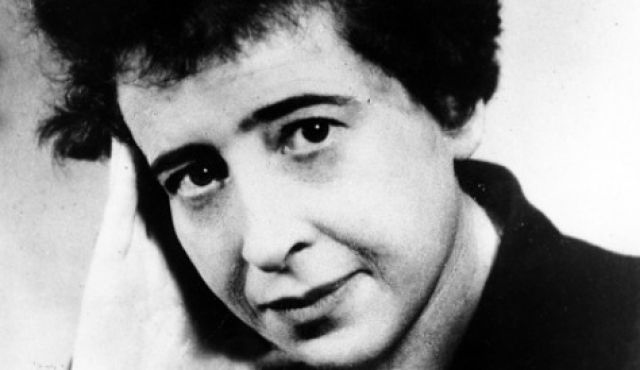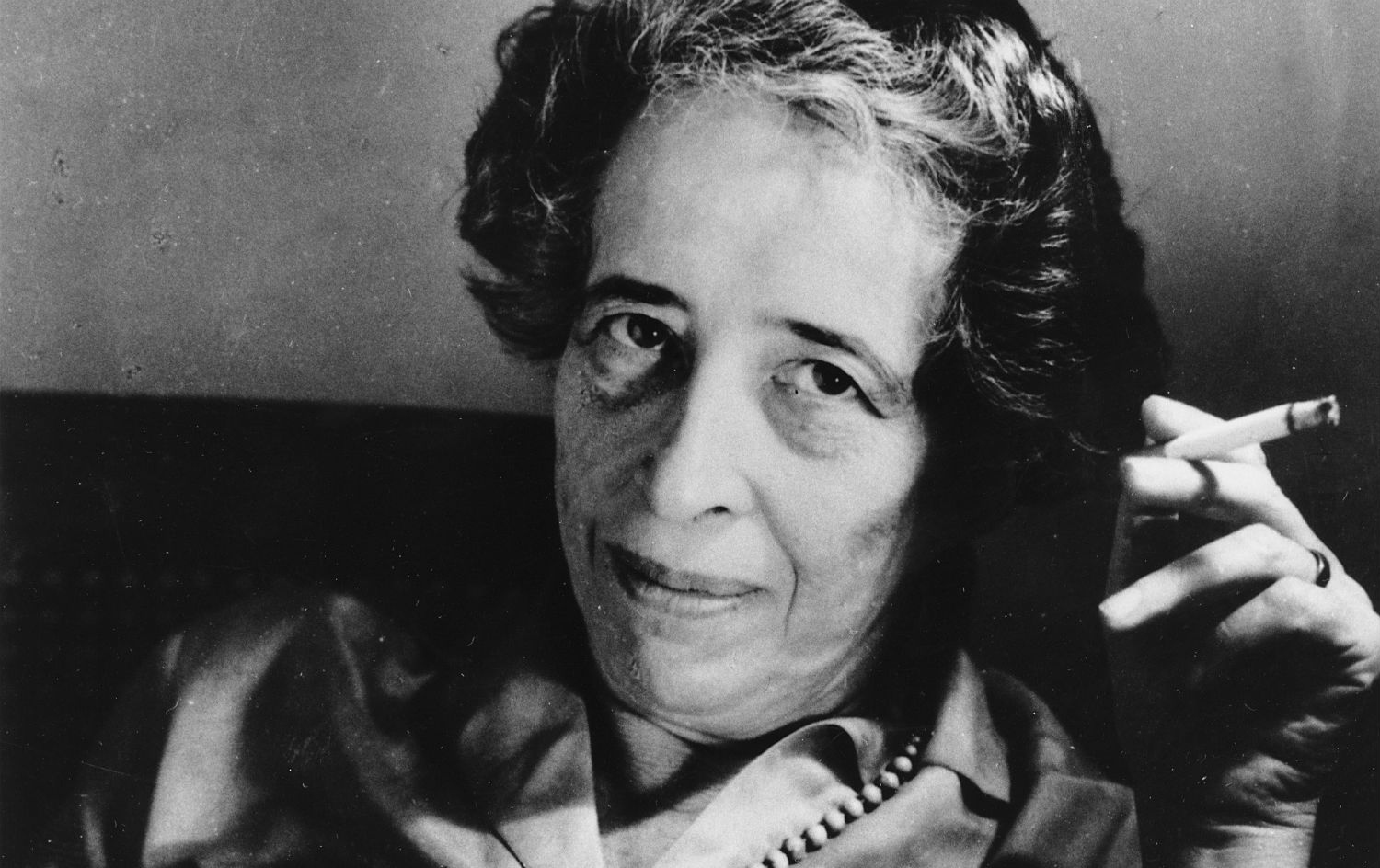19th(2017)
- Opening Film (1)
- New Currents (40)
- Polemics: Technofeminism - Women, Science & SF (9)
- Feminist Film Classics (9)
- Queer Rainbow (18)
- Asian Short Film & Video Competition (20)
- I-TEENS (7)
- Documentary Ock Rang Award (1)
- Barrier Free Screening (1)
- An ICON of Korean Film History, PARK Nam-ok (1)
- In Memory of KIM Sun-min (6)
Vita Activa: The Spirit of Hannah Arendt
 트레일러 재생
트레일러 재생
Ada USHPIZ
- Israel, Canada
- 2015
- Korean Premiere
- 124min
- DCP
- color/black and white
- Documentary
Korean Premiere
True Story Activism
SYNOPSIS
Hannah Arendt caused a great uproar in the 1960s by coining the subversive concept of \"banality of evil\" when referring to the Nazi evil. Her private life was no less controversial thanks to her love affair with a renowned German philosopher and Nazi supporter Martin Heidegger. She was one of the most influential thinkers of the 20th century who both lived through and wrote about the open wounds of modern times.
Vita Activa: The Spirit fo Hannah Arendt is an
intellectual documentary that revolves around
Hannah ARENDT\'s interpretation of the former Nazi
EICHMANN\'s criminal acts as \'the banality of evil\' and
amalgamates ARENDT\'s life events, the interviews
she has had during her life, and her political theories
into a 123-minute long film. The film largely consists
of three main \'voices\' – the letter correspondences
she had with individuals like Karl JASPERS and Martin
HEIDEGGER, the interviews with Judith BUTLER and
others, and ARENDT\'s philosophy engrained in her
books, from Eichmann in Jerusalem to The Origins of
Totalitarianism as well as the quotations cited from her
writing.
Vita Activa: The Spirit of Hannah Arendt places the
spirit of ARENDT onto a conceptual triangle. 1) Banality
of evil: According to ARENDT, EICHMANN had a mind
that was full of clichés and superficiality despite that
he is a so called intellectual, lacks depth of thought,
and therefore was a person who simply obeyed
and followed the orders of the system without any
critical thinking. Perhaps evils such as war crimes are
committed by people who are the most ordinary and
therefore all the more obedient to the law, which they
uphold above anything else. Therefore, evil is banal. 2)
Critical thinking: A human must think, and to think is to
assume that one has a critical attitude. A human without
such critical thinking is no longer a human and has
the potential to become a machine of the totalitarian
system. 3) An individual\'s pluralism: A concept that
arose from her firsthand experiences of two world wars
as a Jewish refugee. A community where individuals
can all come together in harmony without having to
associate themselves in Jewish nationalism, socialism,
anti-Semitism–that is what Arendt defines as a worldloving
community. [KIM Sunah]
PROGRAM NOTE
SYNOPSIS
Hannah Arendt caused a great uproar in the 1960s by coining the subversive concept of \"banality of evil\" when referring to the Nazi evil. Her private life was no less controversial thanks to her love affair with a renowned German philosopher and Nazi supporter Martin Heidegger. She was one of the most influential thinkers of the 20th century who both lived through and wrote about the open wounds of modern times.
PROGRAM NOTE
Vita Activa: The Spirit fo Hannah Arendt is an
intellectual documentary that revolves around
Hannah ARENDT\'s interpretation of the former Nazi
EICHMANN\'s criminal acts as \'the banality of evil\' and
amalgamates ARENDT\'s life events, the interviews
she has had during her life, and her political theories
into a 123-minute long film. The film largely consists
of three main \'voices\' – the letter correspondences
she had with individuals like Karl JASPERS and Martin
HEIDEGGER, the interviews with Judith BUTLER and
others, and ARENDT\'s philosophy engrained in her
books, from Eichmann in Jerusalem to The Origins of
Totalitarianism as well as the quotations cited from her
writing.
Vita Activa: The Spirit of Hannah Arendt places the
spirit of ARENDT onto a conceptual triangle. 1) Banality
of evil: According to ARENDT, EICHMANN had a mind
that was full of clichés and superficiality despite that
he is a so called intellectual, lacks depth of thought,
and therefore was a person who simply obeyed
and followed the orders of the system without any
critical thinking. Perhaps evils such as war crimes are
committed by people who are the most ordinary and
therefore all the more obedient to the law, which they
uphold above anything else. Therefore, evil is banal. 2)
Critical thinking: A human must think, and to think is to
assume that one has a critical attitude. A human without
such critical thinking is no longer a human and has
the potential to become a machine of the totalitarian
system. 3) An individual\'s pluralism: A concept that
arose from her firsthand experiences of two world wars
as a Jewish refugee. A community where individuals
can all come together in harmony without having to
associate themselves in Jewish nationalism, socialism,
anti-Semitism–that is what Arendt defines as a worldloving
community. [KIM Sunah]
Director
-

Ada USHPIZ Ada USHPIZ
설명 준비중입니다.
Credit
- ProducerIna FICHMAN, Ada USHPIZ
- Screenwriter Ada USHPIZ, Michel TANGUAY
- Cinematography Itai NEEMAN, German GUTIERREZ, Philippe LAVALETTE, Zachary HALBERD
- Editor Hadas AYALON
- Music John WILSON
- Sound Michel LAMBERT






